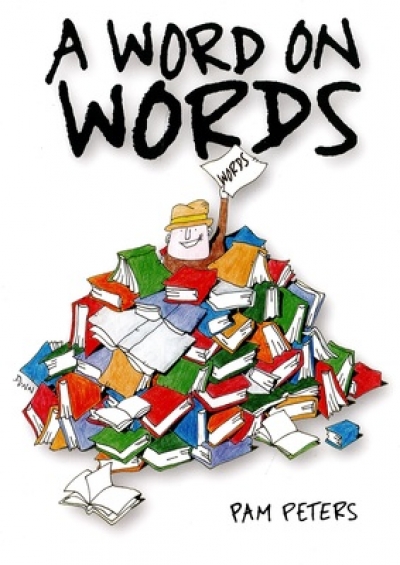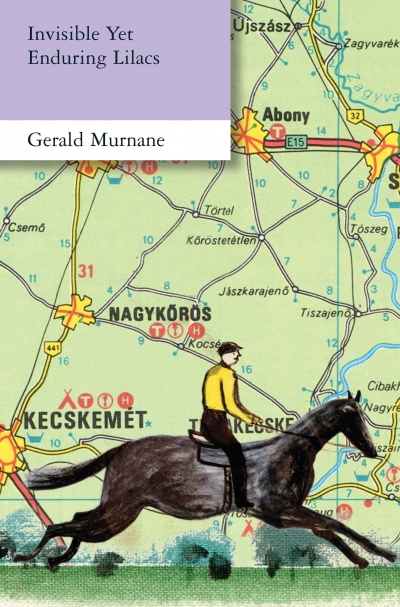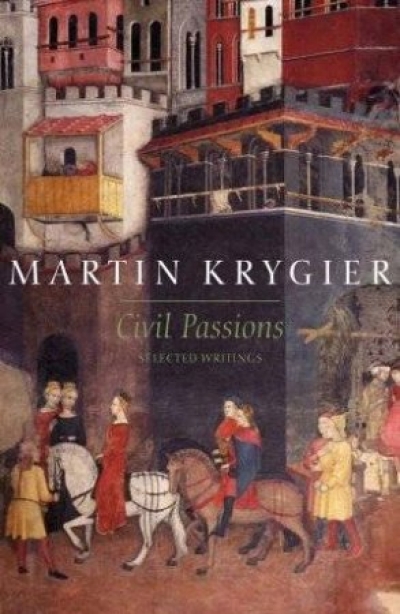Archive
Do Not Disturb: Is the media failing Australia? edited by Robert Manne
by Sylvia Lawson •
Secrets of the Jury Room by Malcolm Knox & The Gentle Art of Persuasion by Chester Porter
by Peter Haig •
Come With Daddy by Carolyn Harris Johnson & Kangaroo Court by John Hirst
by Pamela Bone •
A Word On Words by Pam Peters & Away With Words by Ruth Wajnryb
by Fred Ludowyk •
The Journal of Fletcher Christian: Together with the history of Henry Corkhill by Peter Corris
by Gillian Dooley •
The Diaries of Donald Friend, Volume 3 edited by Paul Hetherington
by Ian Britain •
The Past Completes Me: Selected poems 1973–2003 by Alan Gould
by Martin Duwell •
Invisible Yet Enduring Lilacs by Gerald Murnane & Literati by James Phelan
by Michelle Griffin •










